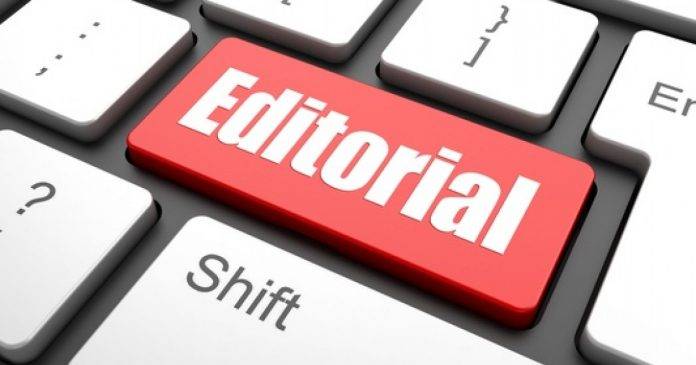A Daily Herald reporter was denied access to ask questions at Wednesday’s weekly virtual Council of Ministers press briefing because he was not “on camera.” This, despite his photo having been sent to the Department of Communication DComm at their earlier request the night before, to use in the event of such technical issues. Another reporter from this newspaper was also not allowed to participate in the briefing two weeks ago on November 18, for the same reason. Being “on camera”, or at the very least showing a proper photo of the journalist asking the question, was mentioned in a letter to local media on November 9.
They later asked for police – “good behaviour” – records, which normally only foreign workers with residence permits would need. In addition, proof of media outlets’ St. Maarten Chamber of Commerce registration was mentioned. These were the most important of four conditions stipulated in a second letter emailed to the media on November 25. DComm had never asked for a police record or proof of registry on the Dutch side before.
While this publishing company and its editorial team have no problem per se fulfilling these new requirements, they do raise concerns. For example, is the intention to exclude French-side-based media, and if so why?
A government that becomes too selective about whom it acknowledges as legitimate journalists is treading on thin ice. Next thing you know there could be mandatory state licensing.
Moreover, considering that local media were originally “exempted” from coronavirus-related payroll support, the Jacobs Cabinet should beware of sending a wrong message when it comes to freedom of expression. The press has been referred to as “fourth power” for a reason and safeguarding its independent role is vital to the proper functioning of any democracy.
Source The Daily Herald






























